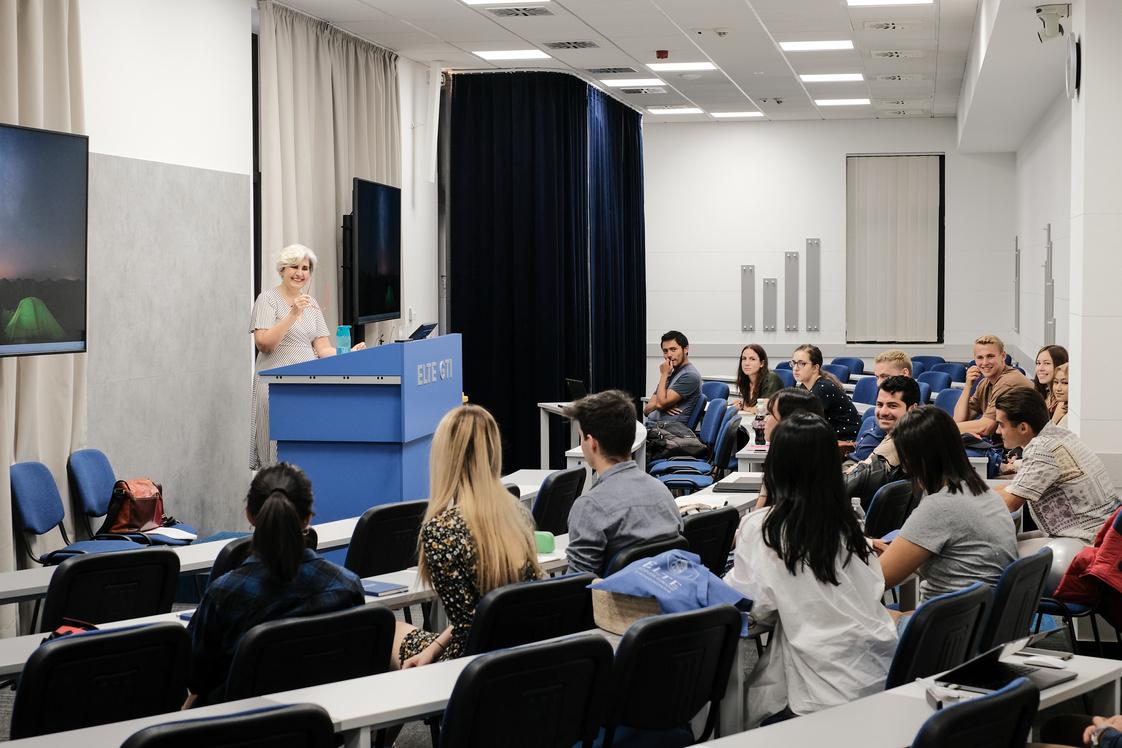







Established in 1635, Eötvös Loránd University, commonly known as ELTE, is the largest university in Hungary with 36,000 students and covering fields including natural and social sciences, law, humanities and education. According to international rankings it belongs to the top 2% of universities internationally and it is the best university in Hungary
Accrediation and Membership
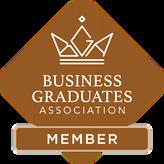
ELTE Faculty of Economics is an esteemed member institution of the Business Graduates Association (BGA), an international membership and quality assurance body of world-leading and high-potential business schools who share a commitment for responsible management practices and lifelong learning, and are looking to make a positive impact on their students, communities, and the economy as a whole.

Both our Finance and Accounting BSc and Accounting MSc programmes have been recognised by ACCA (Association of Chartered Certified Accountants), a worldwide body for professional accountants, and awarded exemption accreditation for certain exams, five and six out of thirteen, respectively.
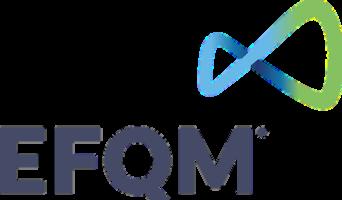
The Faculty of Economics earned the 4-Star Recognition by EFQM (European Foundation for Quality Management) after an on-site accreditation in 2022. The recognition attests the Faculty’s impressive achievements and demonstrates its commitment to continuous improvement
ELTE Business & Economics Summer University (BESU), organized for the fourth time offers 8 courses taught by ELTE’s own staff, international scholars and business professionals Students successfully completing the courses will get a transcript they may use to obtain 3 ECTS credits from their home institutions.
The courses include 25 hours of classroom instruction The classes are held at the Faculty of Economics’s new, air-conditioned building, downtown Budapest.
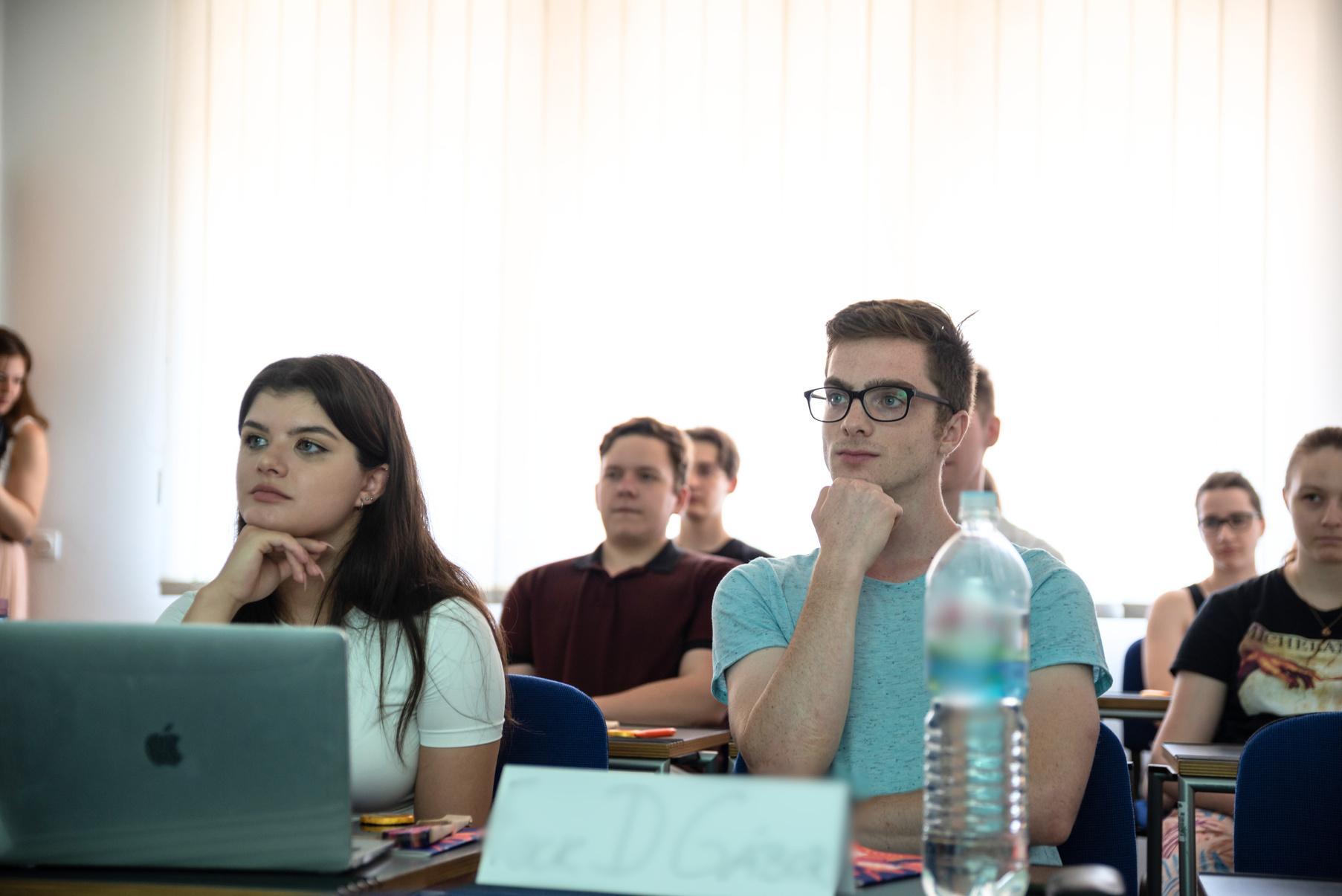
In this course, participants will be exposed to practical methods for designing transactions to optimise the chances of a successful deal This design-based Framework provides a robust set of tools to better understand and analyze the business considerations and choices in a transaction You will be able to identify both commercial and legal issues in the transaction, evaluate how to deal issues impacting the outcomes desired by the parties and craft commercial and associated legal solutions to enable the parties to close the deal successfully and ensure the long-term health of the relationships created by the transaction.
Topics:
10 elements of the Framework; a set of design responses to each of those elements triggers of a design response, concerning the counter-party(ies) analysis to get to an executable deal

Duc V. Trang is a Managing Director of Landon Advisory Services, a management consulting firm focused on the legal industry Splitting his time between London, San Diego and Singapore, Duc advises law firms and in-house legal departments on the design and implementation of transformation projects to achieve sustainable strategic value and profitable growth. Previously, Duc was with Motorola Solutions, Inc , where he held several positions including general counsel for Asia Pacific & Middle East regions; global general counsel of Motorola’s Solutions & Services division; and country manager for Vietnam Before Motorola, he was a senior attorney at IBM, Inc
During the course students will be introduced to various topics and scenarios in business communication both in speaking and writing: how to conduct a successful interview, how to manage business meetings, and how to give engaging presentations. It further looks at topics on communication barriers due to differences in decision making, levels of directness, formality, and varying cultural norms It also aims to give students opportunities to collaborate in project work, and to carry out interesting surveys, to produce visuals and group presentations creatively and interactively
Topics:
Identifying areas of business communication
Barriers to successful communication, stemming from culture, formality, and styles in decision-making
Meetings and negotiations
Writing, editing and proofreading of business emails, reports, and proposals (Communication in writing)
Conducting surveys, collecting information for presentations
Miklós Földes is a freelance teacher and academic tutor with a Master’s degree, originally from the Faculty of Arts, at Eötvös Loránd University in Budapest Since 2019 he has been an academic tutor for the Language Centre at the University of Oxford, has taught at Budapest’s IBS, ELTE, and worked as Academic Manager at Oxford Summer Courses. Between 2008 and 2017 he lived and taught in the United Kingdom He has been a Business English teacher since 2006, and a foreign language assessor since 2000.
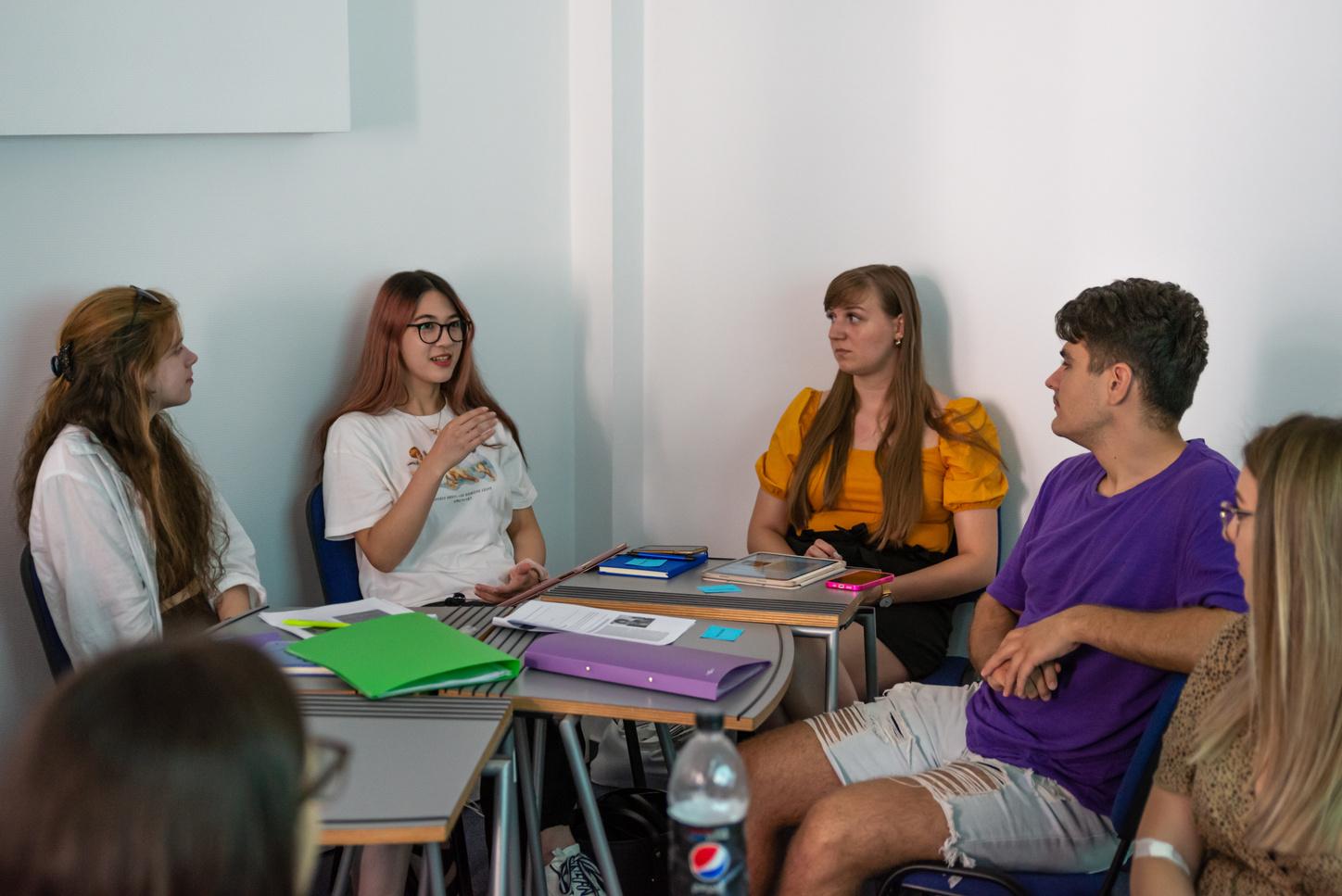
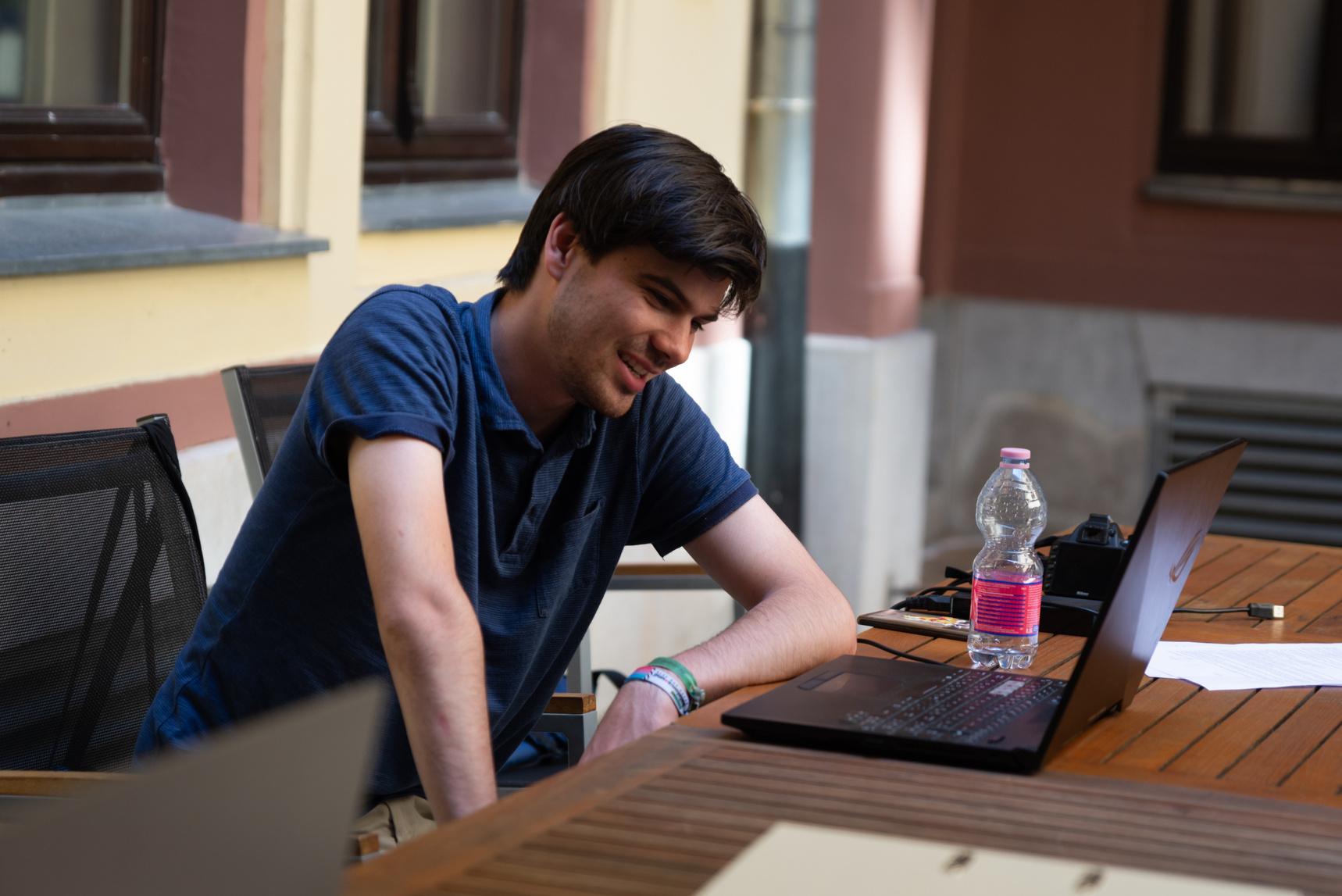

This course builds analytical insight into relationships between knowledge, innovation and competitiveness and into their implications for the management of innovation. The course introduces theories, concepts, and methods for the analysis of innovations at the levels of projects, firms and industries The course also introduces a set of tools related to innovation practices of firms, as one of the ways in which the course bridges and integrates academic analysis of innovations with the practical issues of their management
Topics:
Types of innovation
Collaboration and open innovation
Challenge of appropriating returns from innovation
Technology S-curves and disruptive innovation
Marketing innovative products
First-mover advantages (?)
Standards and platforms
Science as a source of innovation
Vivék Pundír is a growth strategy consultant, who helps companies achieve breakthrough growth, especially through innovation

Over 20 years across 3 continents, he has advised scores of large multinationals, including The Coca-Cola Company, Deutsche Telekom, British Telecom, Brambles, Lloyd TSB and The Times of India Group, as well as many startups He has also advised governments, including the office of governor of an American state. Vivék earned his Master of Business Administration from Emory University's Goizueta Business School Vivék teaches topics of management, strategy and innovation across Europe, most recently at Copenhagen Business School in Denmark
In a globalized and interconnected world, it is important to be able to handle intercultural encounters in a productive and effective way Companies, government agencies and NGOs are increasingly operating across borders, sometimes on a global scale. Even for people in their home country, increasing diversity in workplaces means that employees from various cultural backgrounds are working together. While this can foster learning from each other’s perspectives it also creates challenges in terms of misunderstandings, conflicts and, if things go wrong, increased resentment towards other cultures
During the course, we will investigate various aspects of intercultural management The creation of cultural awareness and sensitivity, including a better understanding of one’s own culture, is fundamental to being an effective manager in settings involving different cultures. Another emphasis will be put on communication in an intercultural context We will also look into cross-cultural negotiations, leadership styles in different cultures, the challenges of being an expatriate, and ethical considerations relating to culture
While the course will present and address the theoretical foundations of intercultural management, a lot of emphasis will be placed on classroom interaction, case studies, and exercises where we will use the cultural diversity within the group to learn from and with each other.
Olof Brunninge has a bi-national (German/Swedish) background and is Associate Professor in Business Administration at Jönköping International Business School (Sweden) His main research and teaching interests are in strategic management, particularly organizational identity, international management, social memory in organizations, and family business management He has managed academic collaborations involving partners from various different countries, including Sweden, Russia, Lithuania, Ethiopia, Rwanda, Mozambique and Germany. Olof is currently responsible for academic capacity building projects in Rwanda and Ethiopia, focusing on strengthening local doctoral programs in management.
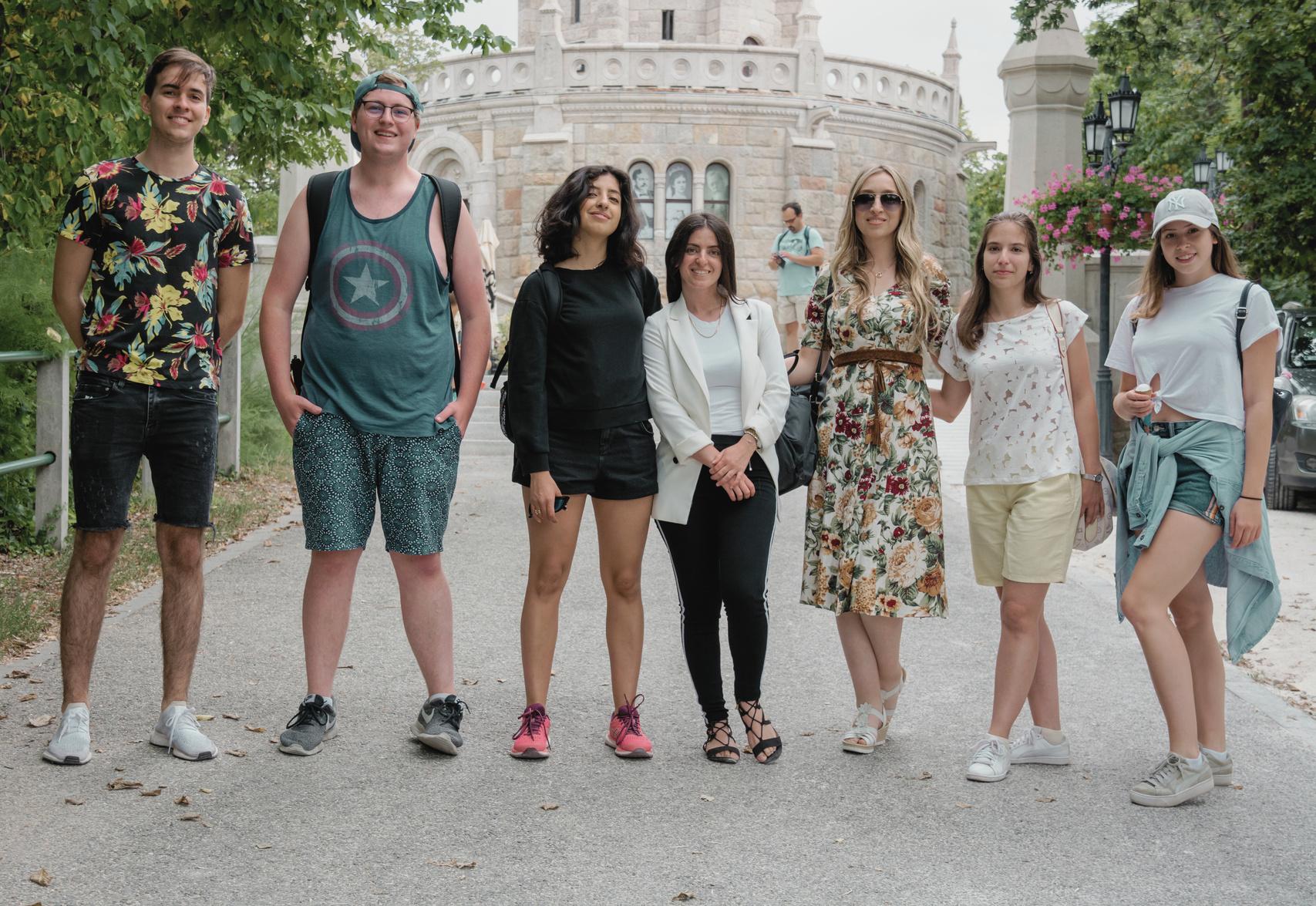
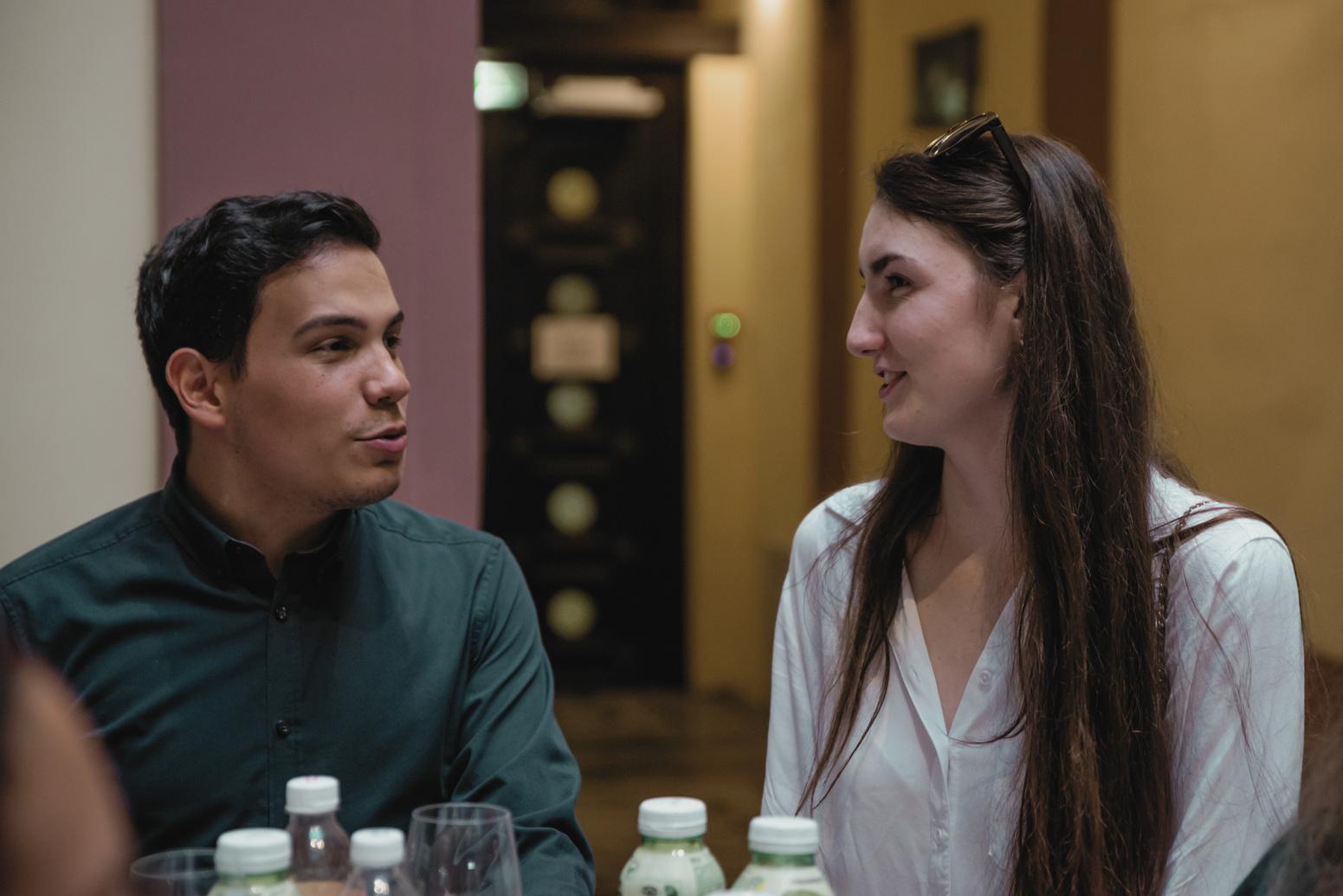

The course aims to develop students’ negotiation skil We’ll do lots of negotiation exercises in class in whi students will have to achieve the best outcome on t basis of confidential information with a partner w their own confidential information. The concep needed to analyze negotiations will be introduced connection with these scenarios
Topics:
Distributive and integrative negotiations
Best alternative to negotiated agreement (BATNA)
Reservation price and zone of possible agreement (ZOPA)
Value creation through trades
The role of information and trust
Mental errors leading to bad outcomes
Gábor Forrai is professor at the Departm Argumentation Theory and Marketing Traine philosopher, he obtained his PhD at the Unive Notre Dame and was a visiting scholar in Edinburgh, Frankfurt and Marburg
János Tanács is associate professor Department of Argumentation Theory and Ma
He has been teaching negotiation for over 1 on various levels, from beginner courses to ad skills training programs offered to CEOs
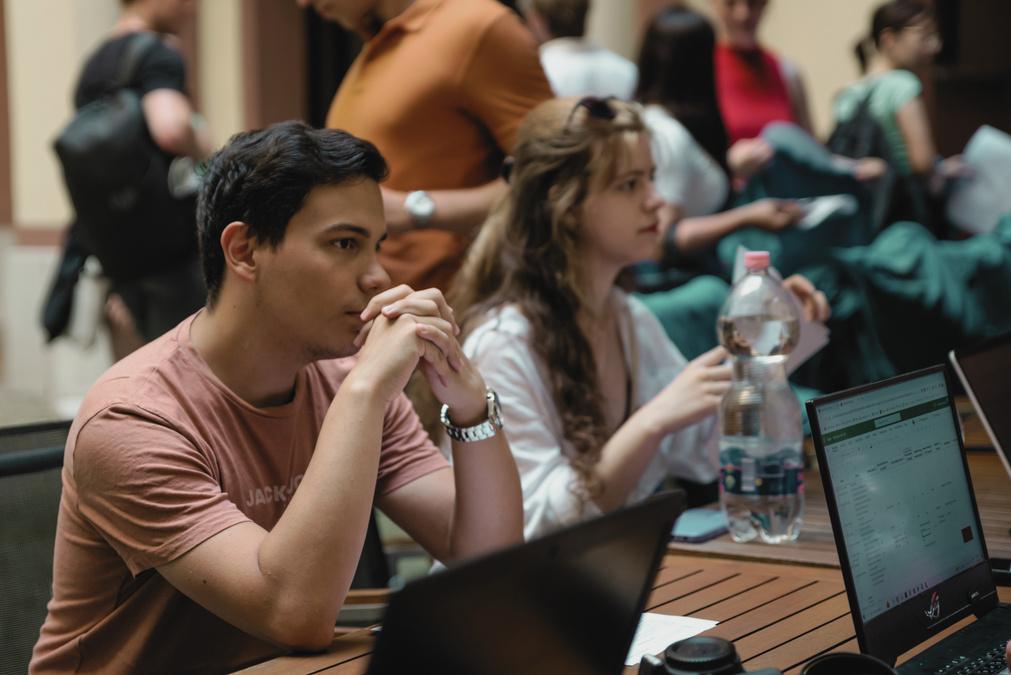

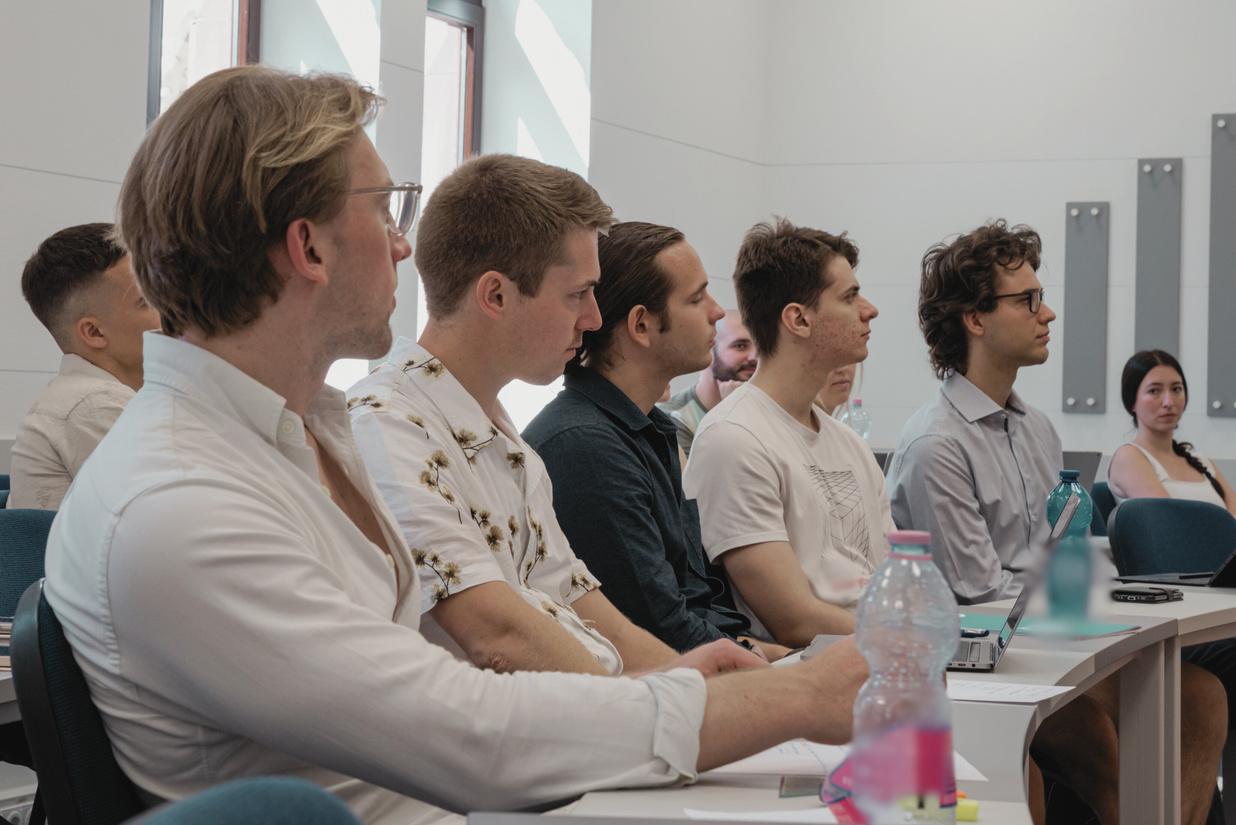
The course aims to introduce students to the fundamentals of business-to-business marketing, showing how it is sometimes similar to what you might have covered in earlier introductory marketing courses, but also how it is often very different (This is important, given that at least 50% of you will end up working in B2B jobs!) We will use a number of different pedagogical approaches – traditional classroom discussions (of both practical and theoretical issues), case studies, and a practical group assignment For this, students will be required to work in groups and together devise and present a practical marketing plan for a fictional local company, utilizing the frameworks introduced during the course.
Topics:
The Basics of B2B Marketing
Understanding Organisational Buyer Behaviour
B2B Segmentation
The role of B2B relationships & networks
Doing B2B Marketing Research

Peter Naudé is Professor of Marketing at Manchester Metropolitan University He is a graduate of the universities of Cape Town, Sussex, South Africa and Manchester He has published widely and is the most published author in Industrial Marketing Management He has been a visiting professor at the University of Dunedin, Sydney University, EM-Lyon Business School and the University of Luleå
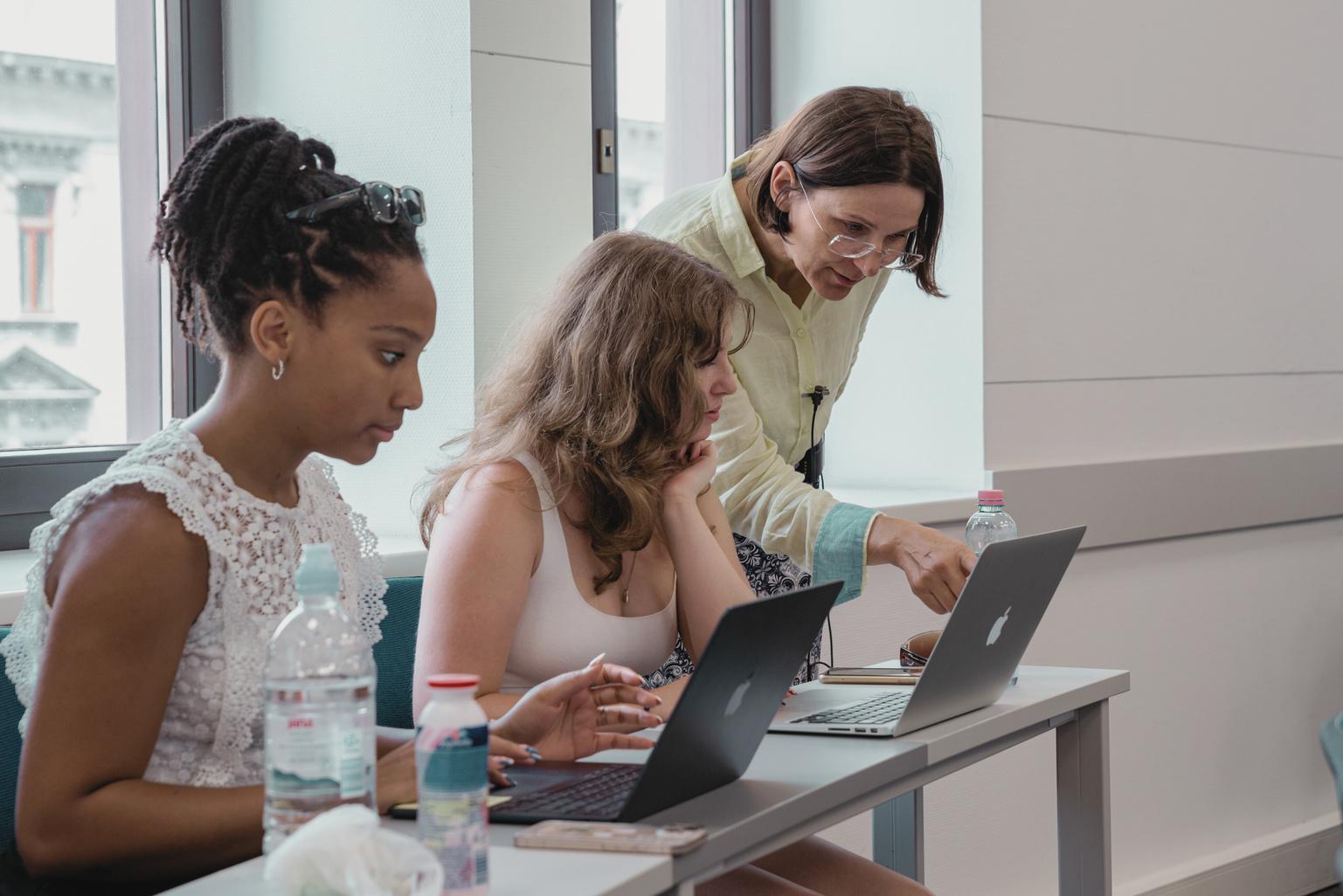
Course description
The course aims to showcase the corporate governance mechanisms for multinational enterprises as well as their motives, approaches and determinants of their internationalization strategies in the global market. Based on interactive lectures and team projects, the students will understand the opportunities and challenges of MNEs in the current global business landscapes Furthermore, they will develop integrated skills in analyzing business cases of internationalization, progress of multinationals.
Topics:
Overview: Strategy and multinational enterprises
Motives and modes of internationalization
Innovation and internationalization
Sustainable development and MNE strategies
Case study: Multinational Enterprises and Industry 4.0

Yihan WANG is an associate professor at the Department of Strategy and Entrepreneurship and academic director of graduate program in International Business at EM Normandie Business School, France. He obtained his PhD in Administration at HEC Montréal, Canada and is actively engaged in research and teaching of international business in Europe, North America, Middle East and Asia
This course turns traditional business ethics analysis on its head We look at the conventional models for assessing stakeholders and ethics in business together with common analysis tools We then look at how social media has made companies much more susceptible to the impacts of poor ethical decisions (perceived or real). We investigate and debate whether societies’ value judgements have changed from being based on right and wrong, to being based on latest trends, loudest voice, or most effective campaign. The course uses real case studies of good and poor corporate ethical decisions, including contemporary cases the students find and research themselves during the week.
Fraser Hodges has 30 years of international management experience in the Automotive and Oil & Gas Industries. Today, he is Head of Project Finance at Save the Children Denmark overseeing the global distribution of €100m annually to ensure children survive, learn, and are protected. With an engineering degree from Oxford and an MBA from INSEAD he is also a visiting professor at IBS Budapest in Economics, Strategy, and Business Ethics.
Topics:
What is Business Ethics?
Unethical behaviour and employee rights inside organizations
Ethical behaviour and issues impacting external stakeholders
Social norms, individual and organizational values that shape behaviour
Theoretical frameworks - Egoism, utilitarianism, duties, rights, justice
The process of ethical decision-making and the role of a manager

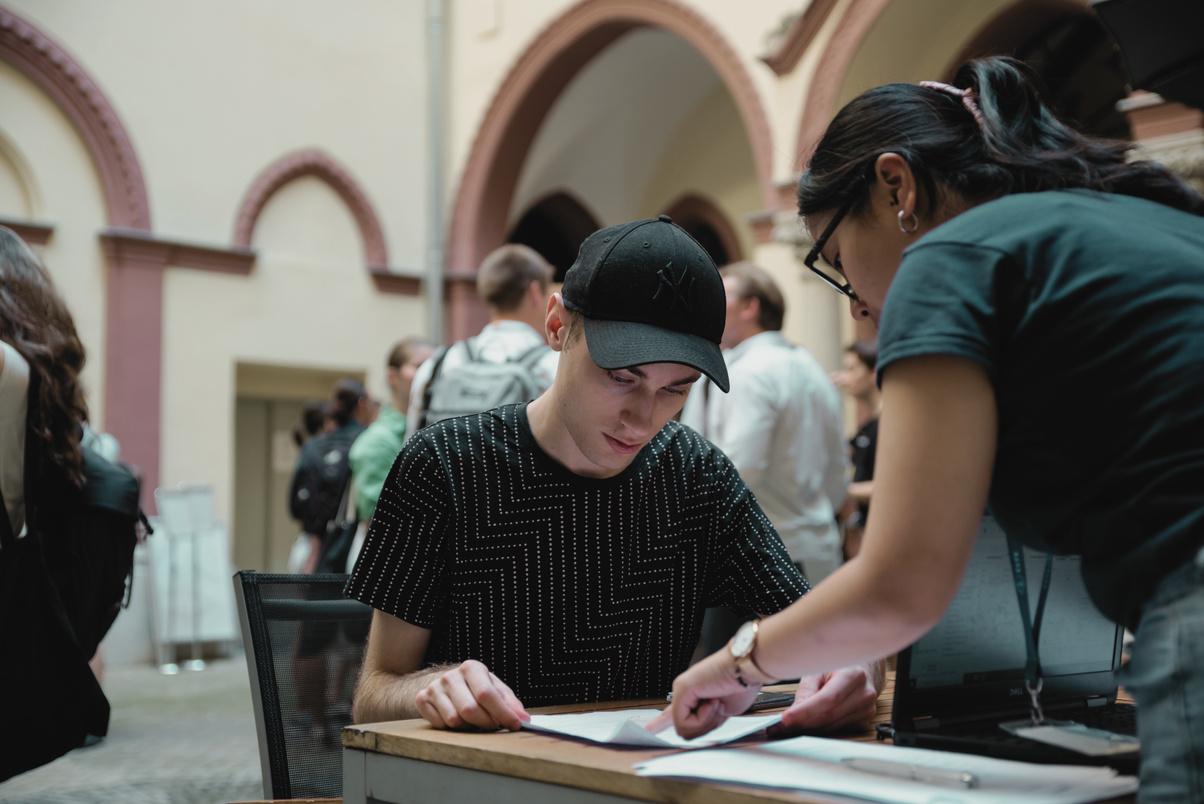

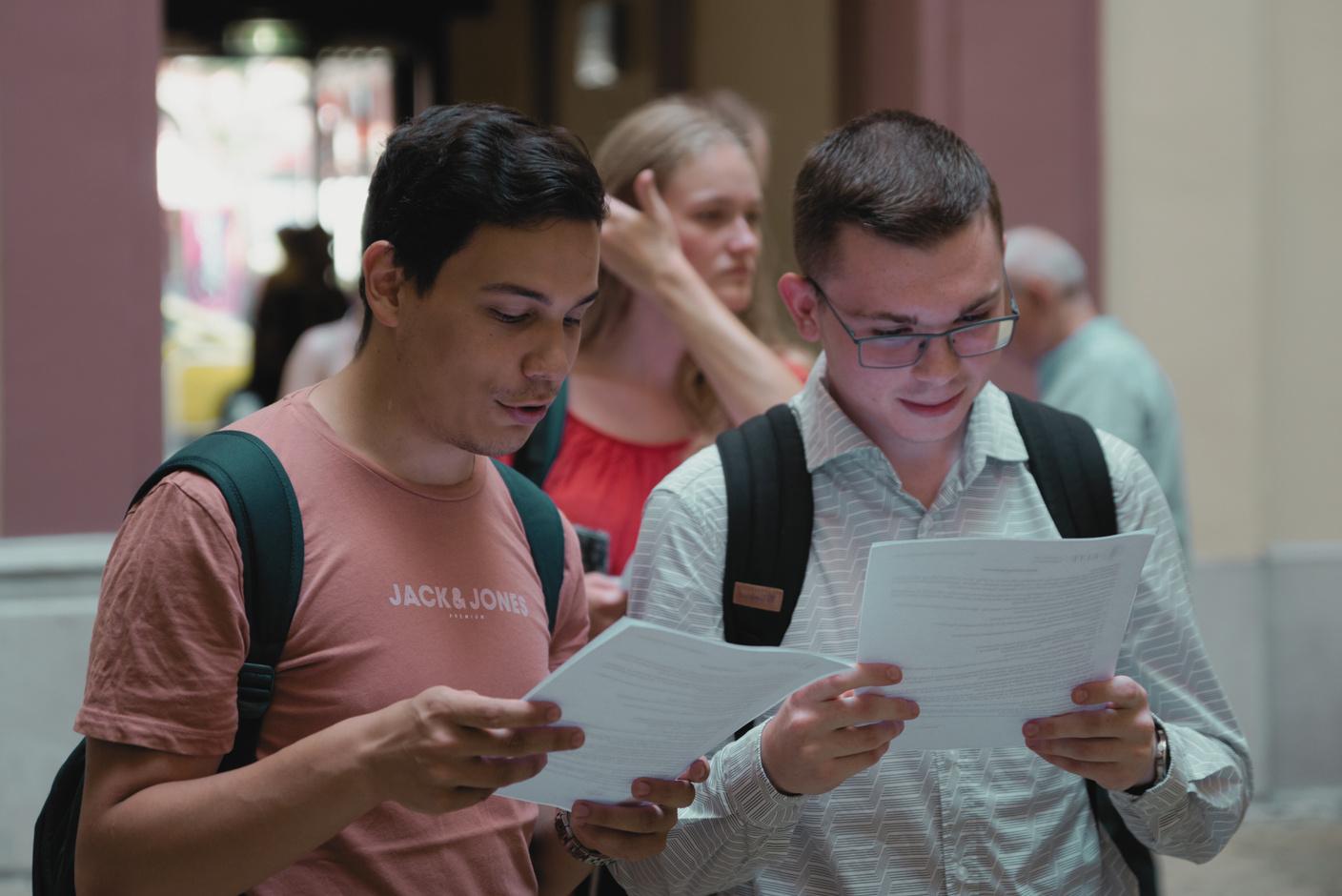
Besides expanding professional knowledge, BESU always emphasizes the importance of extracurricular programs as well. At the end of the opening day, a reception is organized fortheguests,accompaniedbycakes, sandwich plates, champagne and wine, which is a great opportunity for both the students and their teachers to make some networking. We will also have a walking tour, an evening on some topical issue in business or economics, and additional programs. We guarantee that you will not be bored.

Participation fee
Regular: 390 EUR
Early bird until 30 April: 290 EUR
Students of Erasmus partner universities: 190 EUR
For more information and application: homepage: https://gtk.elte.hu/sumuni e-mail: sumuni@gtk.elte.hu Facebook: https://www.facebook.com/eltebesu/
